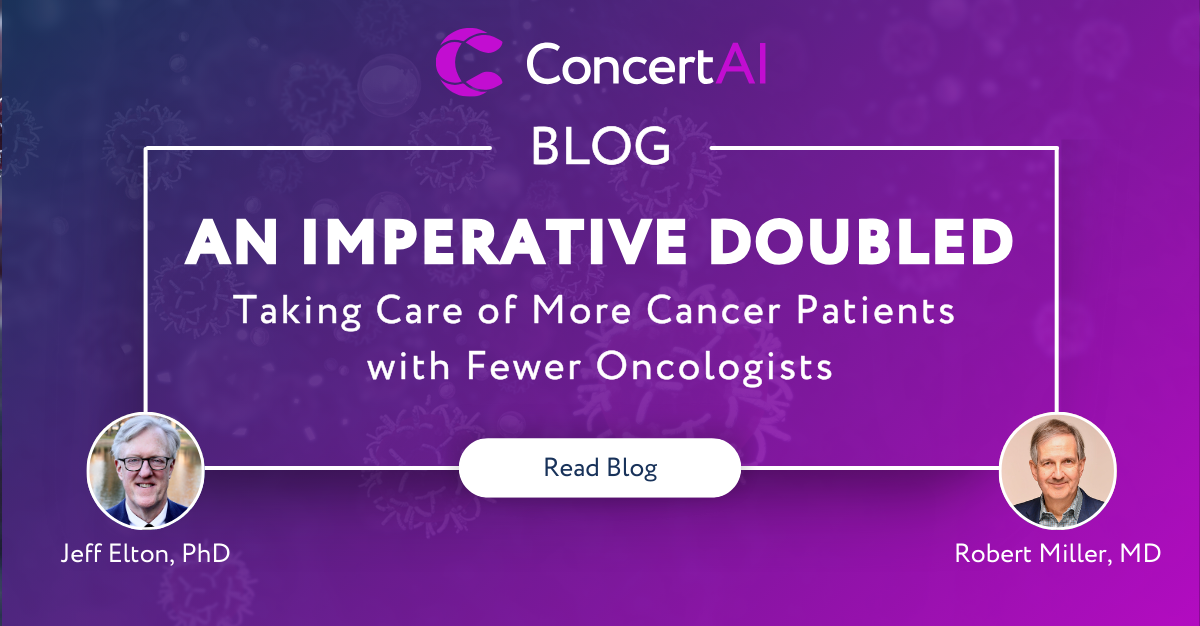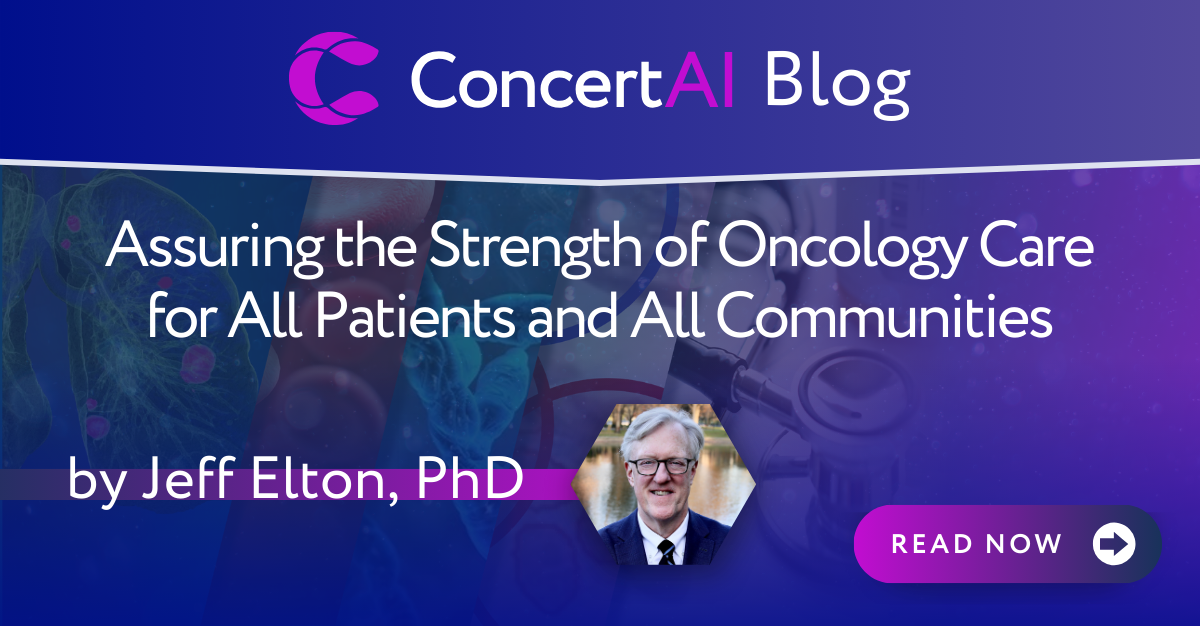On June 19, 1865, Major General Gordon Granger arrived in Galveston, Texas, and announced the end of the Civil War and the end of slavery. Although the Emancipation Proclamation came 2½ years earlier on January 1, 1863, many Black and African Americans continued to remain enslaved after the announcement, and Juneteenth became a symbolic date representing their actual African American freedom.
Though more than a century and a half have passed, the full rights and practical equality of Black and African American people is not fully realized. Authors of recent studies uncovered systematic racism in medical diagnosis, access to care, and treatment for Black and African Americans, However, these are some of the people most in need of increased medical resource access. Take, for example, the recent JAMA article showing that, from 1999-2020, the Black population had 1.63 million excess deaths (i.e., the difference between expected and observed deaths), representing more than 80 million years of potential life lost. Cancer, especially in males, was a major driver of differences in excess deaths.
So, what can be done? Current literature now concurs that race is a social construct. As such, we need new approaches that identify and address underlying socioeconomic and environmental conditions that are negatively reinforcing legacy biases in order to promote health equity in the U.S. Two years ago, ConcertAI launched ERACE — an initiative to help eradicate health inequities for minority, economic, and ethnic groups. Through partnerships and collaborations formed under ERACE, ConcertAI is developing data- and AI-enabled capabilities, deployed at enterprise scale across hospitals and research organizations, to transform our approach to eliminating disparities, including:
- Using data to create interactive disparity heatmaps to measure differences in cancer care across regions and population groups, allowing researchers to see trends and forces that may be imperceptible within an individual institution or even a single county.
- Rethinking the questions of interest such that the clinical requirements across race, class, and socioeconomic status are at parity and advanced with alacrity.
- Redesigning clinical studies, taking into better account trial and patient burden, and designing studies to a standard of care rather than standard protocols.
- Fostering new cancer care models where patients most disadvantaged by existing systems and disparities are matched with investigators of similar backgrounds, thereby receiving care from providers with a higher degree of trust.
Our collective belief in the application of data, technology, and scientific knowledge to address the most challenging disparities of our time has pushed us to greater heights in ensuring we are doing all we can to extend and enhance the lives of Black and African American people. Please join us and our partners in doing the same and redoubling our vigilance and commitments.

